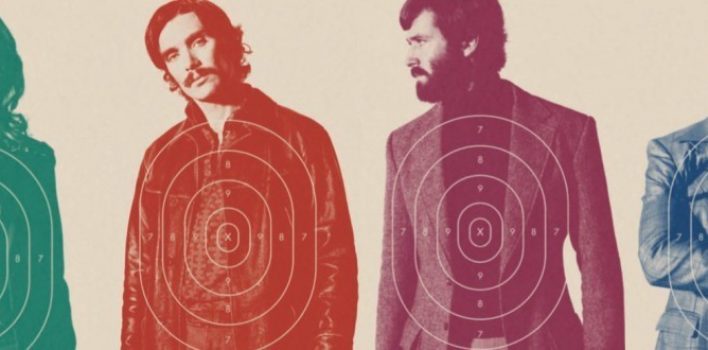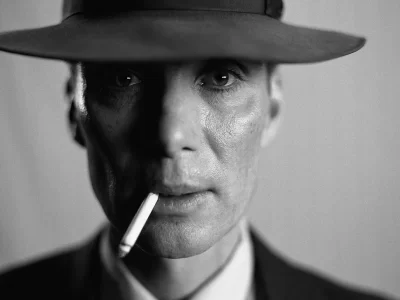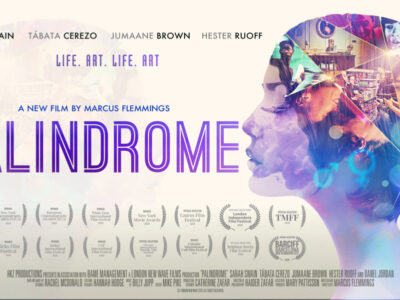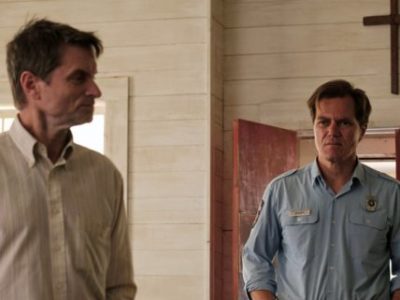Review| Free Fire
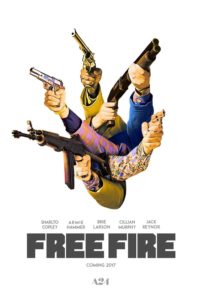 There are those action films that manage to kill thousands without the audience acknowledging any of their deaths. Think the back end of the Die Hard franchise or just about any Michael Bay film. The lives get lost in the action and the quick cuts as we follow the yin and yang exchange of violence between ‘hero’ and ‘villain,’ but add back in the edits and slow down the action and the delineation between ‘hero’ and ‘villain’ becomes null.
There are those action films that manage to kill thousands without the audience acknowledging any of their deaths. Think the back end of the Die Hard franchise or just about any Michael Bay film. The lives get lost in the action and the quick cuts as we follow the yin and yang exchange of violence between ‘hero’ and ‘villain,’ but add back in the edits and slow down the action and the delineation between ‘hero’ and ‘villain’ becomes null.
There are other types of action films where many people die, but every bullet, every death can be accounted for no matter how quick the action. The John Wick films are prime examples in their balletic choreography of gun violence and Wick’s almost supernatural proclivity for headshots—the official kill count for John Wick 2 was 128. Free Fire, however, is neither of these. It stands as one of the rarer types of action films where characters are given names and faces and lives outside the violence and their aim is anything but steady and true. And the line between ‘hero’ and ‘villain’ is messy and all of the characters have relatability. In other words, we don’t want to see them die, but we know that they probably will.
Ben Wheatley has found a way to make an action film that humanizes characters—they are not just meat bags waiting for their fatal wound—and makes violence, and its resulting deaths, something costly, while viscerally describing the things we do to each other with all the absurdity that it demands.
The film follows an arms deal that is going down in an ambiguous urban area—that, honestly, feels like Boston—between a couple of Irishmen (Cillian Murphy & Michael Smiley), a female intermediary (Brie Larson), a South African (Sharlto Copley), his associate (Babou Ceesay) and American representative (Armie Hammer) and the grunts working on both sides of the aisle. When the private vendettas of two of the grunts—on opposing sides of the deal—escalate to the point of a single gunshot, the arms deal transforms into a microcosm of an international arms conflict.
 Once the shootout has commenced and gunshots start to maim and ricochet, barely ever hitting their marks in the beginning, one of the characters yells out, “I’ve forgotten what side I’m on!” It is with this prophetic pronouncement that we begin to see what violence does, it disorders, confuses and thins out previous certainties about loyalty and honor and gives itself over to self-preservation and the worst forms of individualism.
Once the shootout has commenced and gunshots start to maim and ricochet, barely ever hitting their marks in the beginning, one of the characters yells out, “I’ve forgotten what side I’m on!” It is with this prophetic pronouncement that we begin to see what violence does, it disorders, confuses and thins out previous certainties about loyalty and honor and gives itself over to self-preservation and the worst forms of individualism.
The film’s tagline is perfect at this point: All guns. No control.
It is exactly the idea of control that is questioned within the runtime of this film. When the bullets begin to fly and double crosses are revealed, the film portends that these characters have no more control over their fates than they do over the shots they fire. In a sense, the ricochets and the non-fatal maiming that happens during most of the film is an argument against the human conception of control that rejects a realistic appraisal of our true natures. Our wills take aim and fire at various targets, but the bullet’s trajectory is bent and blocked by our will’s sight being off, its becoming jammed or an external force that maims or kills us first before the shot can even be fired.
Free Fire displays the idea that control by any individual person is only possible when it does not have to come up against the competing will of another person(s). No person is safe or in control when every other person, each armed, is crawling around the warehouse looking to save themselves and get the money.
As each character comes up against the truth of this illusion of control, the realization sets in that all the violence, all the crime and all the petty bickering that took place within the 80-minute runtime of the film was for naught. This film portrays, with depth and wit, the words of the rabbis of old: “an eye for an eye, a tooth for a tooth.” From the very first bullet to the last bullet of the film, each character had a reason to kill another because of some perceived or real wrong done, insult made, or double-cross committed. And they live (and die) by that old wisdom to the point of blood and death.
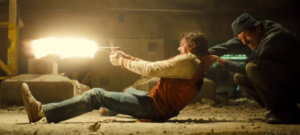 The only thing that could have brought any of these people out of this fire fight relatively unscathed was if they had heard the words of the true Rabbi spoken in response to the Karmic adages of the Law: “But I say to you, do not resist the one who is evil. But if anyone slaps you on the right cheek, turn to him the other also.” If Free Fire shows us anything it is that the life that might be saved is the one that relinquishes control, vengeance, entitlement and power and lays down its weapons and recognizes that actual control lies in the hands of their Creator.
The only thing that could have brought any of these people out of this fire fight relatively unscathed was if they had heard the words of the true Rabbi spoken in response to the Karmic adages of the Law: “But I say to you, do not resist the one who is evil. But if anyone slaps you on the right cheek, turn to him the other also.” If Free Fire shows us anything it is that the life that might be saved is the one that relinquishes control, vengeance, entitlement and power and lays down its weapons and recognizes that actual control lies in the hands of their Creator.


